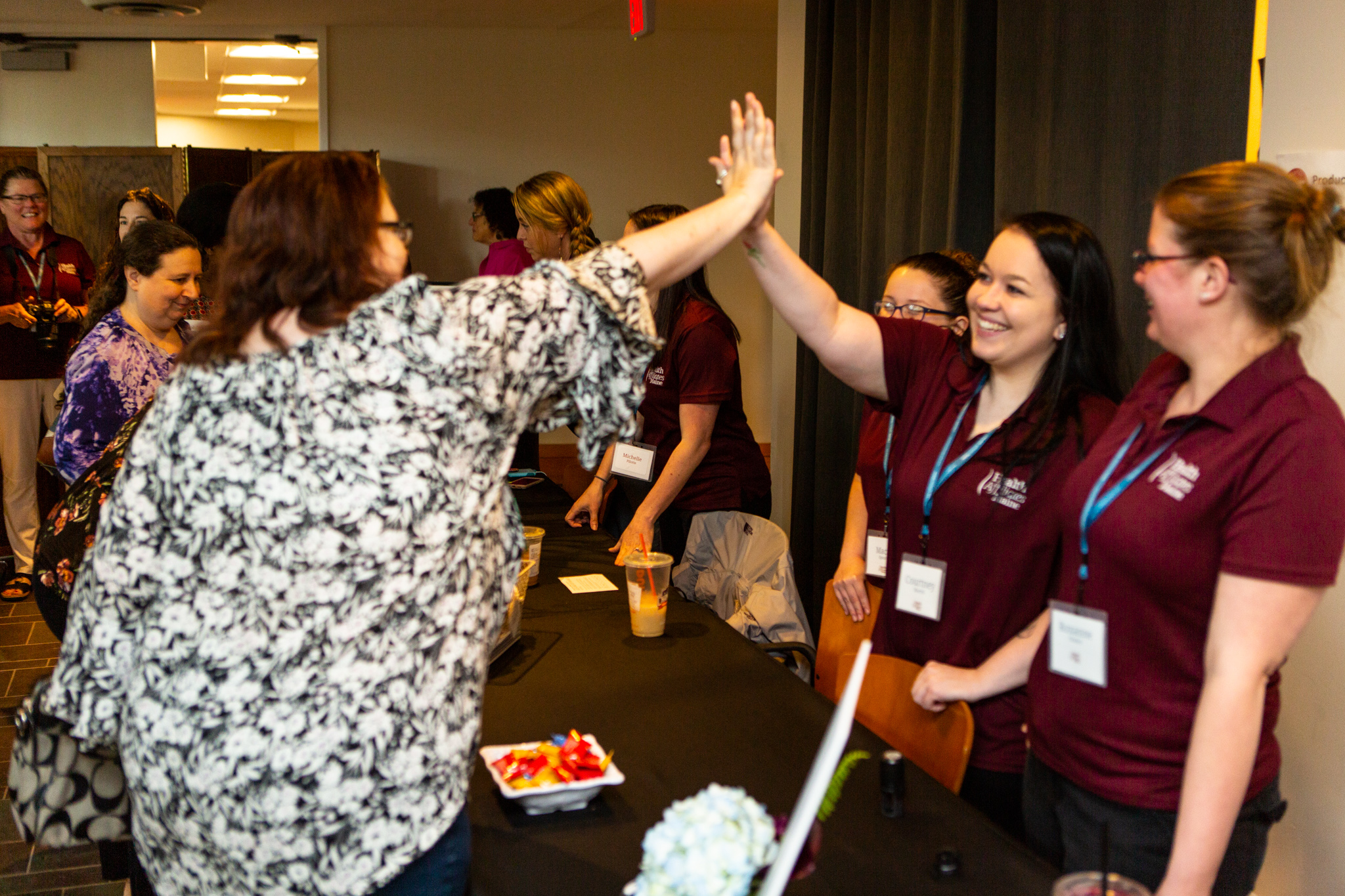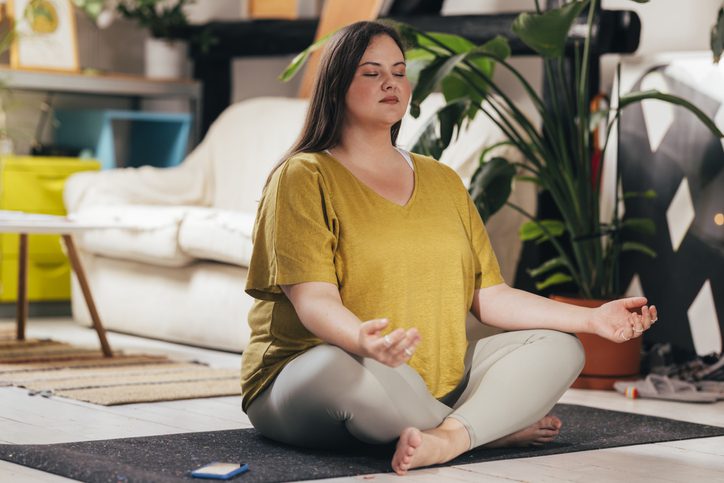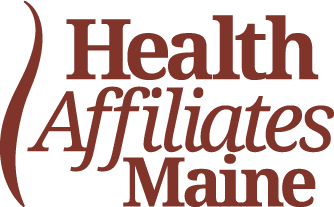
Jan 29, 2024 | Advice for Affiliates, Private Practice
Our series, Managing Your Private Practice, examines how to successfully run your private practice as a behavioral health clinician. Essential to any therapy practice is a clear process for screening new clients. As clinicians, we know what happens in January…every...

Nov 28, 2023 | Private Practice
Our blog series, Managing Your Private Practice, examines how to successfully run your private practice as a behavioral health clinician. Essential to any therapy practice is establishing clear, ethical boundaries with your clients, including how to set out-of-office...

Nov 1, 2023 | Advice for Affiliates, Private Practice
As a therapist, you know that finding the right office space for your private practice is critically important. Your office location can be crucial to attracting and retaining clients and to your quality of life—after all, you will be spending a large part of your...

Sep 29, 2023 | Tips for Healthy Living, Wellness
Making a tiny change each day and seeing an improvement can help move us out of what psychologist Martin Seligman—University of Pennsylvania professor, past president of the American Psychological Association, and best-selling author—calls “learned helplessness” and...






